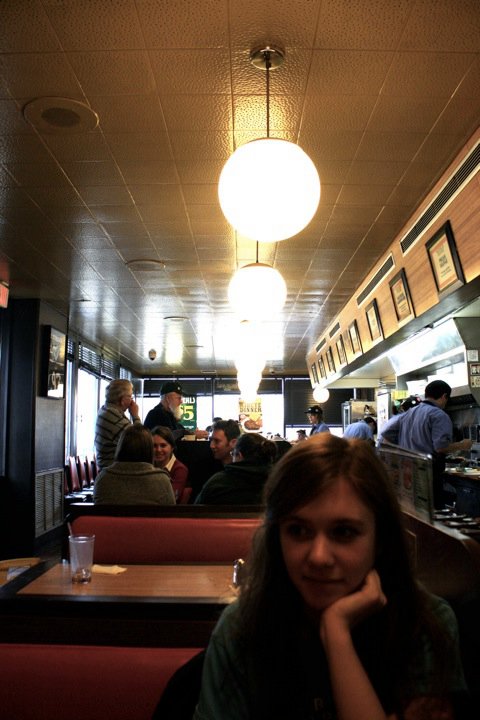
Digital Humanities Summer Institute
Taylor Soja shares her experiences in “Critical Pedagogy and Digital Practices in the Humanities” at DHSI.
Learn moreInterdisciplinary Community of Women Dissertators

My first day at Appalachian State University I discovered I was the only woman in my M.A. cohort. I felt the need to seek out women colleagues, and I found my community in Appalachian Studies. I engaged with women anthropologists, linguists, geographers, foodways specialists, musicologists, and biologists. I entered the history program intending to specialize in environmental history. However, the lack of women in my cohort, on my advising committee, and in the field of environmental history generally heightened my interest in gender studies. As I progressed, it became clear that despite calls for attention to gender in environmental history few had addressed the issue. With encouragement from the community of women scholars in Appalachian Studies and my experiences as the only woman in my cohort, I decided to pursue research at the intersection of environmental history and the history of gender.
Representing only one of two women in a cohort of thirteen at the University of Washington and benefitting from the example of my dissertation chair, Linda Nash, I further solidified my drive to build communities of women scholars outside departmental boundaries and explore gender in environmental history.
In the hopes that women who remain underrepresented in their fields do not feel isolated by their gender, I have built this website for interdisciplinary collaboration. It includes a section, “Interdisciplinary Women Dissertators,” that encourages graduate students to share their research with each other and broader publics, beginning to break down divides between academic and public history. I also provide space for graduate students and professors to share their experiences with the digital humanities. As I advance in my career, I intend to expand my digital work to include networking amongst women at different levels in the academy. I believe this is integral to gaining equal footing for women in disciplines where they remain outnumbered.
This year I will build on my commitment to education and equity for women through HASTAC’s (Humanities, Arts, Science, and Technology Alliance and Collaboratory) “University Worth Fighting For” initiative. The initiative aims to rethink higher education by paying particular attention to race, gender, diversity, equity, and inequality. Along with two other HASTAC Scholars at the University of Washington, I will offer a webinar on the history of gender and women in environmental science.
Through my work as a HASTAC Scholar and as a member of the Environmental Humanities Digital Pedagogy team at UW, I intend to continue exploring and engaging the digital humanities as a tool to break down gendered disciplinary and academic-public divides.

Taylor Soja shares her experiences in “Critical Pedagogy and Digital Practices in the Humanities” at DHSI.
Learn moreRead Hayley Brazier's reflections on her participation in Lancaster University's Summer School in Geographic Information Systems.
Learn more